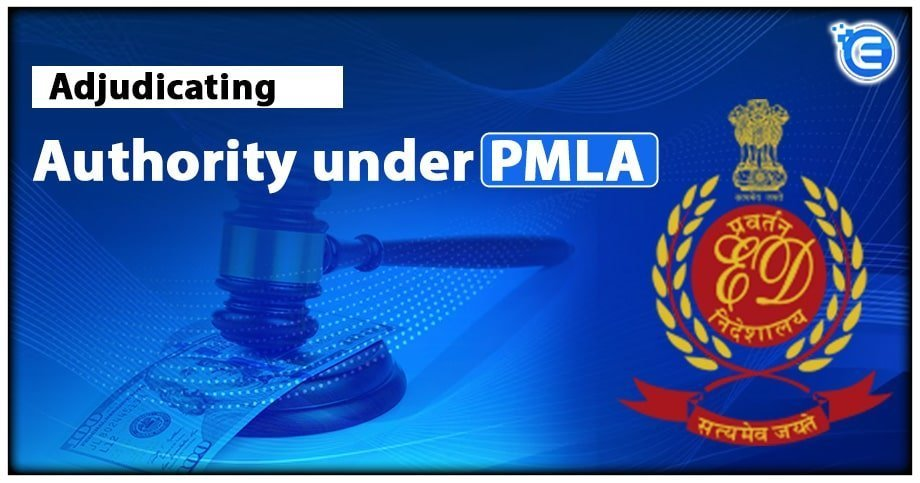Free Courses Sale ends Soon, Get It Now


Free Courses Sale ends Soon, Get It Now



Copyright infringement not intended
Picture Courtesy: https://enterslice.com/learning/adjudicating-authority-under-pmla/
Context: The Adjudicating Authority confirms attachment of suspected proceeds of crime under the PMLA, restricting access to the accused pending trial, with options to challenge the order through appellate channels
Details
Role of the Adjudicating Authority
What Happens to Attached Properties
mplications for the Accused
Conclusion
Must Read Articles:
Prevention of Money Laundering Act 2002 (PMLA)
Source:
|
PRACTICE QUESTION Q. The Prevention of Money Laundering Act (PMLA) grants the Enforcement Directorate (ED) significant powers to investigate and attach assets. However, concerns exist regarding the potential misuse of these powers. How can India effectively balance the need to combat money laundering with ensuring due process and protection of individual rights? |
© 2024 iasgyan. All right reserved